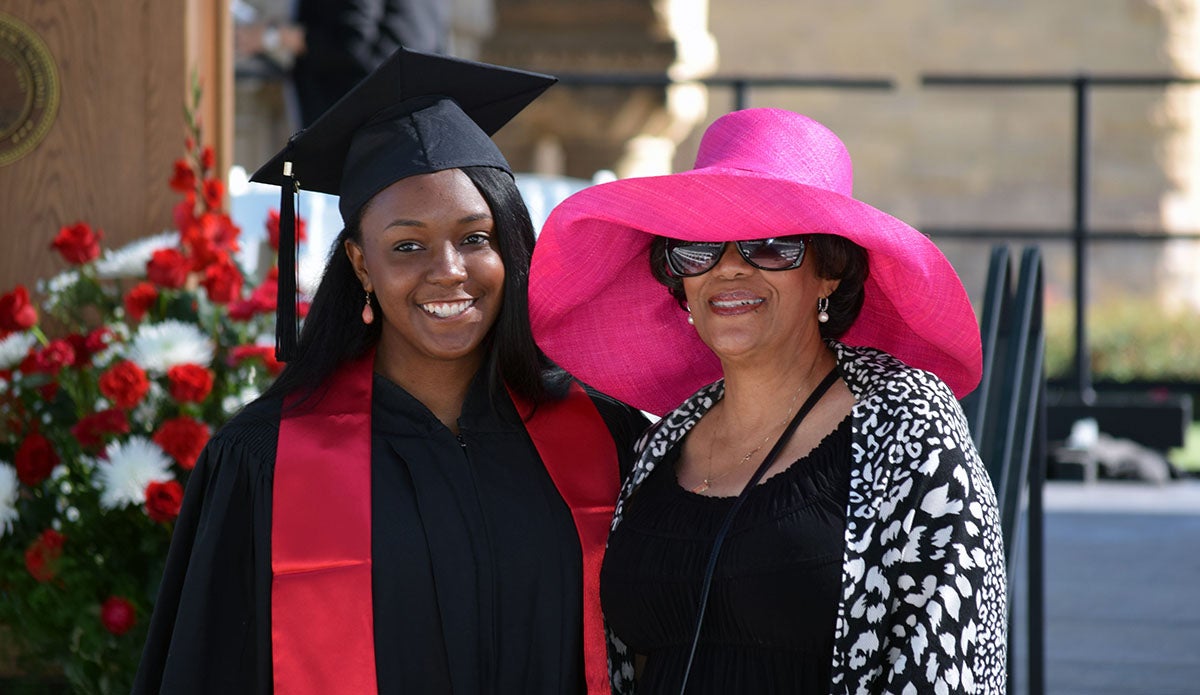Stanford’s Relationship to Students and their Parents or Guardians
Stanford’s approach to its relationship with its undergraduates recognizes their status as young adults—even those few who have not yet reached the majority age of 18. Stanford respects the role of parents and guardians, even if its primary relationship is with its students. Stanford parents and guardians are our partners: families interact with students, and Stanford interacts with students. The student is at the center—and is the focus—of this important partnership.
Parents and guardians can become involved with Stanford in many ways. We strongly support the efforts of families to help their sons and daughters develop into independent adults who take charge of their own lives and make decisions with greater confidence than before. Among the principles guiding Stanford’s relationship with its students are the following:
- Students are trusted to be able to manage their own affairs, including decisions and responsibilities around academic, financial and personal issues.
- Students are afforded privacy in their academic and personal lives. They are expected to act responsibly (in accordance with the Fundamental Standard and the Honor Code), and they should expect to be held accountable for their behavior. When they do make mistakes—and they will—Stanford is committed to trying to help them learn and grow as a result.
- Students should and do have available university resources to help them help themselves in their academic and personal development.
Because of these principles, our compliance with the Family Educational Rights and Privacy Act of 1974 (FERPA) and the practical fact that Stanford is unable to assess the nature of each student-parent/guardian relationship, in most cases the university leaves it to each student to decide whether or when to involve parents or guardians. Most academic and personal difficulties can be resolved on campus, without involving parents or guardians. That is because university staff members (for instance, residence deans, academic directors and resident fellows) are committed to supporting students as they work through difficult issues.
There are situations where parental or guardian involvement or notification may be appropriate: when a student’s enrollment status changes (on leave, withdrawn, suspended, etc.), when there is a health or safety emergency or when a student otherwise engages in behavior calling into question the appropriateness of the student’s continued residency in university housing or enrollment in the university. In these situations, we generally first encourage students to communicate directly with their parents or guardians. Where student consent is not sought or available, the university may still choose to disclose to the parents or guardians if permitted by law.
FERPA permits the university to notify parents or guardians under certain additional specified circumstances, such as regarding a student under the age of 21 who violates laws or university policies relating to the use or possession of alcohol. The university encourages its students and their families to maintain an ongoing, open dialogue throughout the undergraduate years and to speak frankly about academic progress and personal responsibility, including the use of alcohol and general safety issues. In many ways, these conversations are as valuable to our students as the university’s written policies and its myriad of resources.

